
Given that today’s American diet is linked to unprecedented amounts of disease and illness, one must consider what people were eating 100 years ago. Life had its hardships yet seemed simpler. People tended to live in the place where they were born, growing their own foods, taking care of their families. A hundred years ago, heart attacks were practically unheard of in the United States. People ate less than 12 pounds of sugar per year. Since they ate what was available and in season, there were no preservatives or additives. For instance, traveling to the next town which may have been a mere 10 miles away, was a major event. Without modern conveniences people were forced to rely on the earth for sustenance, and in turn the earth provided what was necessary while still being able to rejuvenate itself. With the advent of technology and the need to keep up with a faster paced lifestyle, our diets have changed. Our agricultural methods have changed. And, our earth has changed. Today Americans eat more than 200 pounds of sugar, per person, per year, mainly in the form of refined, processed foods. One only has to venture into any public school on any given day to see what American children are eating: processed, refined, genetically modified, nutrient deprived food. People have known for centuries the importance of fresh, unrefined foods for health and well being, even using it as medicine for the sick. Around 400 BC Hippocrates, the Father of Modern Medicine taught his students, “Let thy food be thy medicine and let thy medicine be thy food. Each of the substances of a persons diet acts upon his body and changes it in some way, and upon these changes his whole life depends.” All too often we deny the truth of these words and suffer the consequences. In 1700’s British sailors were suffering from scurvy, vitamin C deficiency, due to long months out at sea away from fresh food. In 1747, Dr. James Lind conducted the first double blind controlled study with his goal to prevent scurvy. Ships at that time only carried preserved foods, nothing fresh. Dr. Lind called for sailors to take 3 spoonfuls of fresh lime juice on a daily basis. Scurvy was soon eradicated and British sailors became known as Limeys! Interestingly enough, three spoonfuls of lime juice has about 10mg of vitamin C. Does that mean we only need 10 mg/day? Yet the RDA is 60mg vitamin C/day. So, is it isolated supplements of vitamins that we need to prevent disease, or rather whole foods? Dr. Szent Gyourgi, Nobel Prize winner for discovering ascorbic acid, realized that food compounds are locked behind cell walls in whole foods. When the compounds or vitamins are extracted and isolated, they do not perform the same tasks. In the 1920’s, Dr. Gyourgi administered ascorbic acid to his patients, believing that he isolated the component responsible for preventing scurvy. In his clinical trials the ascorbic acid failed. He became convinced that ascorbic acid within the food form is superior to ascorbic acid alone. In 1932, when he was giving his acceptance speech for receiving the Nobel Prize for his discovery of ascorbic acid, he questioned why he won since the ascorbic acid alone did not cure scurvy. He urged the scientific community to focus research on whole food compounds rather than isolating components of food. After decades of isolating vitamins and minerals and prescribing their use for well being, current research goes back to the work of Dr. Gyourgi. At the National Institutes of Health it has been found that isolated dosages of synthetic vitamins did nothing to ward off cancer. Dr. Adriane Fugh-Berman states, “Supplementing with isolated nutrients instead of a natural mix of food components was not the most productive approach.” The Mayo Clinic web site states that whole foods contain hundreds to thousands of other food components that are important for good health. Most of these components are unidentified! Also, it can be seen that cultures with diets of unprocessed and unrefined foods have the least amounts of diseases, while cultures with primarily processed and refined foods produce people with disease. It is evident, based on history, that whole foods are the most beneficial for sustaining life. This means foods that are fresh; grown in clean, mineral rich soil, are ones that produce the most beneficial, medicinal nutrition for life.
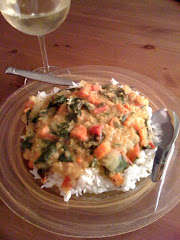
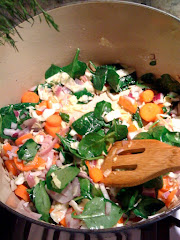

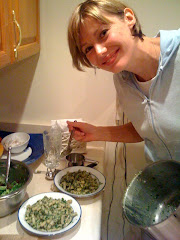




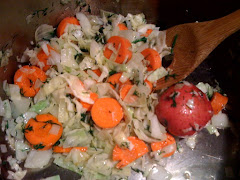
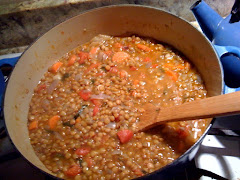




3 comments:
I thought this was an interesting and thought provoking article. I am vegan and try to eat fresh organically grown vegetables and try to grow as many as possible myself
Great article--shows you how
misleading labeling can be. Thanks!
John, Thank you for your comment. Have you read The Food Revolution, by John Robbins? Also, The China Study, by Dr. T. C. Campbell, is a must read. We know that eating a plant based diet prevents disease, but in fact, evidence shows that eating an animal based diet CAUSES disease!
Post a Comment